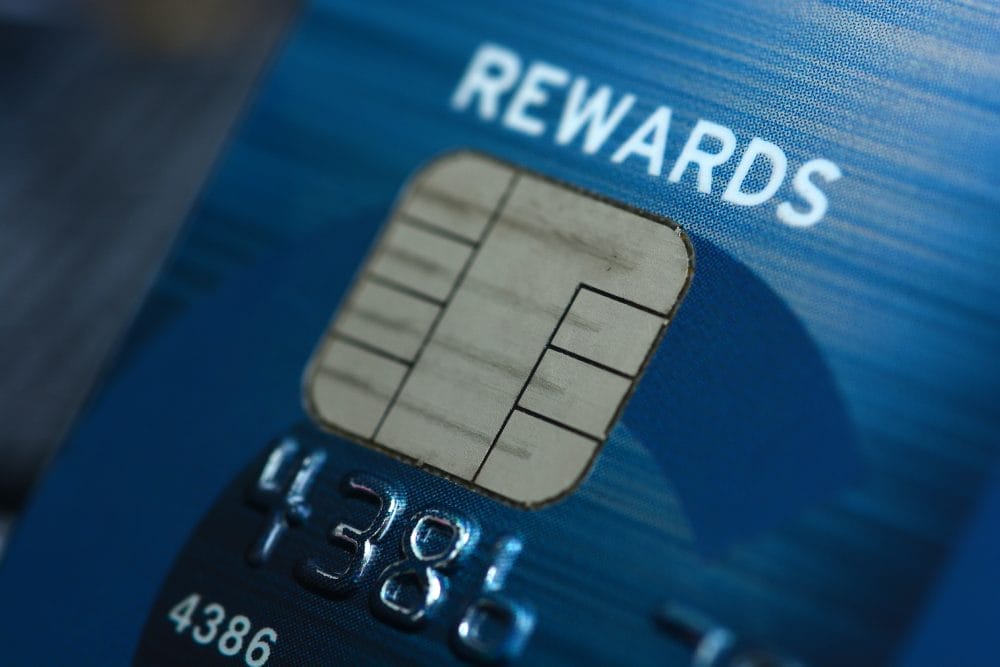Let’s be honest—money mistakes don’t usually show up wearing a neon warning sign. They slip in disguised as “good choices,” whispering things like you deserve this or it’ll all work out later. At first, these decisions feel smart, rewarding, or at least harmless. The catch? Months (or even years) down the road, you realize those choices cost you more than you ever expected.
1. Financing Everything with “Easy” Monthly Payments
Who doesn’t love the idea of paying just $29.99 a month for a shiny new gadget or piece of furniture? Breaking it into chunks feels manageable, almost painless. But pile on a few of these payments, and suddenly your paycheck disappears faster than your phone battery at 2%. Interest rates and hidden fees often make the final cost way higher than buying upfront. What feels affordable at first can quietly lock you into financial quicksand.
2. Relying on Credit Card Rewards for Justification
Credit card points and cashback offers can feel like free money. You swipe and think, “Hey, I’m basically earning while I spend!” But the truth is, those rewards are peanuts compared to the interest you’ll pay if you don’t clear your balance. Overspending to chase perks usually ends up costing way more than the perks themselves. The result? A rewards card that feels less like a prize and more like a trap.
3. Buying the Biggest House You Can Get Approved For
When the bank says, “Congratulations, you qualify for this much house!” it feels like winning. But just because you can borrow a big number doesn’t mean you should. Bigger houses come with bigger utility bills, maintenance costs, and tax responsibilities. That dream home can morph into a financial nightmare if it eats all your disposable income. Smart buyers focus on what they can comfortably afford, not just what the bank allows.
4. Leasing Cars for the “Low Monthly Cost”
Driving a new car every few years feels luxurious and practical—until you add up the money. Leasing keeps monthly payments low, but you’re constantly locked into an agreement that builds zero ownership. Add mileage penalties, wear-and-tear fees, and you may end up spending more than buying outright. What felt like a budget-friendly choice becomes a long-term money pit. Sometimes, owning an older, paid-off car is the ultimate financial freedom.
5. Using Student Loans as “Extra Spending Money”
In college, loan refunds can feel like a windfall. It’s easy to justify splurging—after all, you’ll pay it back when you’re making “real” money. But with interest compounding, those pizzas, concert tickets, or vacations can end up costing triple their original price. Student loans should cover education expenses, not lifestyle upgrades. What feels like free money now can stick around long after graduation robes are packed away.
6. Skipping Insurance to “Save Money”
Cutting insurance looks like an instant money win. Why pay for something you might never use? But the first accident, medical emergency, or home disaster can wipe out your savings overnight. Insurance is one of those things you don’t notice until you desperately need it. Skipping it feels smart in the short term but can be financially devastating in the long run.
7. Co-Signing a Loan for a Friend or Family Member
At first, it feels kind and supportive—you’re helping someone you care about. But if they miss payments, your credit score takes the hit, and collectors may start knocking on your door. Even the strongest relationships can get messy when money is on the line. Co-signing doesn’t just tie your finances together; it ties your peace of mind. What feels generous at first can turn into a lifelong regret.
8. Treating a Tax Refund Like “Bonus Cash”
A tax refund feels like free money falling from the sky. Cue the online shopping spree, vacation booking, or fancy dinners. But in reality, it’s your own money being returned to you—without interest. Blowing it instantly feels fun, but using it to pay down debt or boost savings would actually improve your financial future. Short-term thrills can sabotage long-term progress.
9. Investing in “Surefire” Opportunities You Don’t Understand
That hot stock tip or too-good-to-be-true investment always feels exciting at first. Friends brag, online forums hype it up, and you fear missing out. But blindly tossing money into things you don’t understand is a recipe for disaster. Many people end up losing big because they chased trends instead of building knowledge. What feels like a bold move often turns into an expensive lesson.
10. Ignoring Retirement Savings Because “You’ve Got Time”
In your 20s or 30s, retirement feels like light-years away. Why stress now when you’ve got decades ahead? But compound interest is a sneaky magician: the earlier you start, the more powerful it becomes. Waiting even a few years can mean losing out on hundreds of thousands of dollars later. What feels harmless today can quietly rob your future self of financial security.
Feeling Right Isn’t Always Being Right
The most dangerous money mistakes are the ones that feel good in the moment. Financing gadgets, splurging with tax refunds, or skipping insurance all give short-term satisfaction but carry long-term consequences. Recognizing these traps is the first step toward breaking free from them.
Have you ever fallen into one of these financial illusions? Share your stories, lessons, or even victories in the comments.
You May Also Like…
How Celebrity Financial Mistakes Reveal Gaps in Budget Discipline
5 Ways to Recover From a Financial Mistake
9 Strange Situations That Can Wreck Your Finances Overnight
6 Emotional Finance Moves That Hurt Net Worth Over Time
10 “Starter Jobs” That Actually Ruin Young People’s Finances








